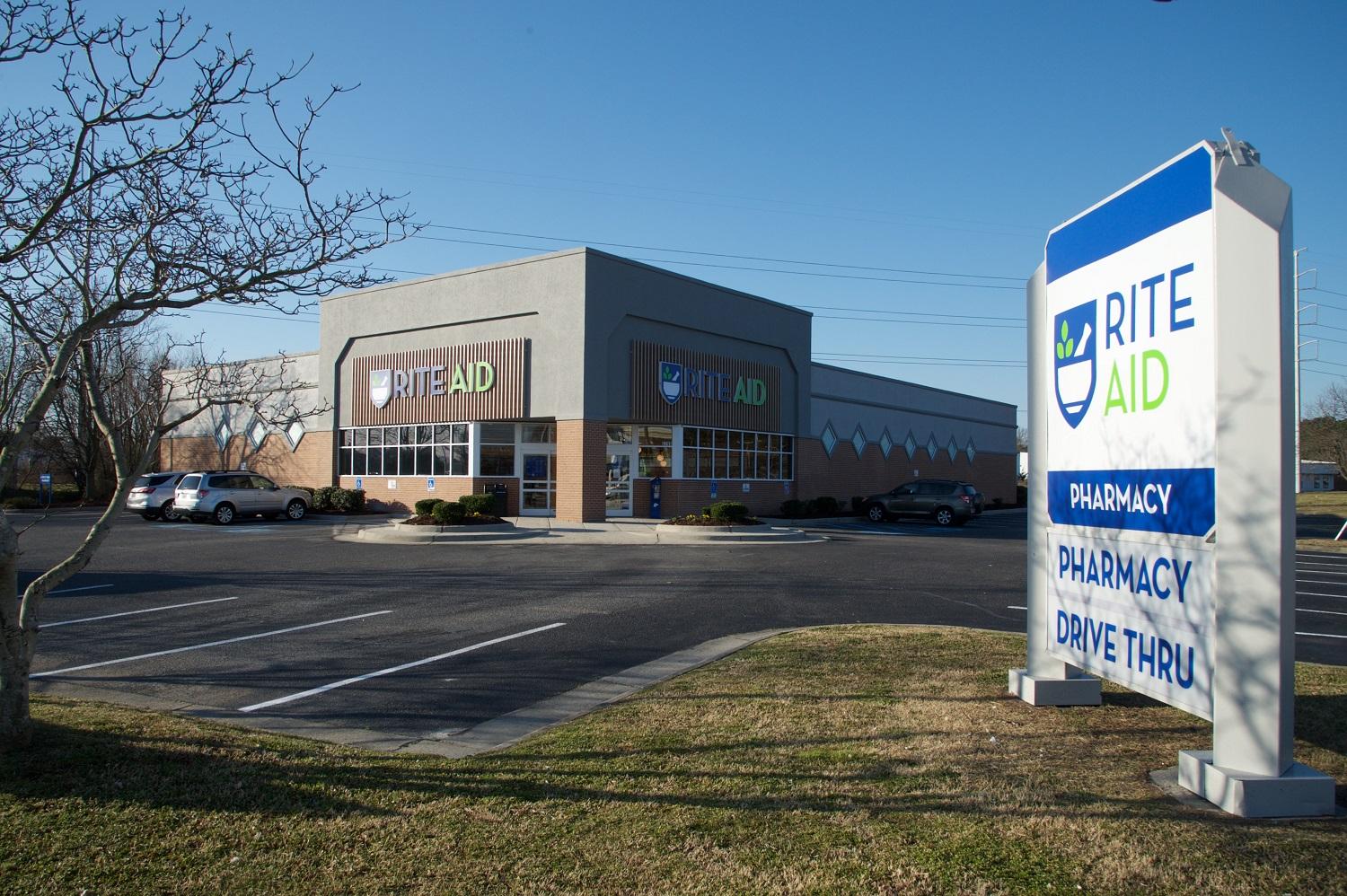Rite Aid has sued the U.S. Department of Justice (DOJ) to halt a lawsuit alleging the company's involvement in illegally filling prescriptions for addictive opioid medications. The lawsuit comes as Rite Aid finds itself in a bankruptcy situation.
Reuters reported that the DOJ's position threatens to impede the ongoing restructuring efforts by the company. In response, Rite Aid has requested the U.S. Bankruptcy Judge Michael Kaplan will rule that the DOJ lawsuit should not proceed while the company is under bankruptcy protection.
DOJ's Lawsuit Pause and Rite Aid's Request for Equal Treatment
The DOJ had initially filed the lawsuit against Rite Aid in March, and despite Rite Aid's bankruptcy filing, it agreed to a "brief pause" of the lawsuit, according to PennLive. However, Rite Aid argues that this stance undermines its restructuring efforts.
Rite Aid seeks to put the government on equal footing with other opioid-related plaintiffs whose lawsuits were automatically halted due to the company's bankruptcy filing. The DOJ maintains that its lawsuit is not affected by the bankruptcy filing as it exercises its "police powers" through legal action.
Rite Aid, which operates approximately 2,000 retail pharmacies across 17 U.S. states, filed for bankruptcy protection in October. It aims to close underperforming stores and address over 1,600 lawsuits surrounding allegations of over-selling addictive opioid medications by filling illegal or suspicious prescriptions. However, a court-appointed committee representing opioid plaintiffs has expressed concerns over potential non-payment to victims harmed by Rite Aid's alleged reckless sale of opioid drugs.
Rite Aid's Legal Battle Implications
As Rite Aid fights the DOJ's lawsuit, the outcome will have far-reaching implications. It will determine whether the company can proceed with its restructuring efforts unhampered by legal actions, and if the DOJ's exercise of "police powers" can continue despite Rite Aid's bankruptcy status.
Additionally, the opioid creditors and victims affected by the company's alleged actions will closely monitor the proceedings, hoping for equitable resolutions.
Attorney Arik Preiss, representing opioid creditors, raised concerns that Rite Aid's bankruptcy proceedings seem to prioritize its top lenders over other stakeholders, potentially putting them at odds with the DOJ.
Rite Aid's major competitors, including Walgreens, Walmart, and CVS, have already agreed to settle a series of similar opioid lawsuits outside of bankruptcy, amounting to $13.8 billion.
The DOJ's opposition to opioid settlements in the bankruptcies of Endo International and Purdue Pharma has complicated those cases as well, delaying proposed settlements and drawing appeals to higher courts.
Photo: Rite Aid Newsroom



 Hims & Hers Halts Compounded Semaglutide Pill After FDA Warning
Hims & Hers Halts Compounded Semaglutide Pill After FDA Warning  Novo Nordisk Launches Once-Daily Wegovy Pill in U.S. at Competitive Pricing
Novo Nordisk Launches Once-Daily Wegovy Pill in U.S. at Competitive Pricing  Sanofi to Acquire Dynavax in $2.2 Billion Deal to Strengthen Vaccines Portfolio
Sanofi to Acquire Dynavax in $2.2 Billion Deal to Strengthen Vaccines Portfolio  CK Hutchison Unit Launches Arbitration Against Panama Over Port Concessions Ruling
CK Hutchison Unit Launches Arbitration Against Panama Over Port Concessions Ruling  Federal Judge Signals Possible Dismissal of xAI Lawsuit Against OpenAI
Federal Judge Signals Possible Dismissal of xAI Lawsuit Against OpenAI  Uber Ordered to Pay $8.5 Million in Bellwether Sexual Assault Lawsuit
Uber Ordered to Pay $8.5 Million in Bellwether Sexual Assault Lawsuit  Kroger Set to Name Former Walmart Executive Greg Foran as Next CEO
Kroger Set to Name Former Walmart Executive Greg Foran as Next CEO  Missouri Judge Dismisses Lawsuit Challenging Starbucks’ Diversity and Inclusion Policies
Missouri Judge Dismisses Lawsuit Challenging Starbucks’ Diversity and Inclusion Policies  Federal Appeals Court Blocks Trump-Era Hospital Drug Rebate Plan
Federal Appeals Court Blocks Trump-Era Hospital Drug Rebate Plan  Federal Reserve Faces Subpoena Delay Amid Investigation Into Chair Jerome Powell
Federal Reserve Faces Subpoena Delay Amid Investigation Into Chair Jerome Powell  Trump Backs Nexstar–Tegna Merger Amid Shifting U.S. Media Landscape
Trump Backs Nexstar–Tegna Merger Amid Shifting U.S. Media Landscape  Panama Supreme Court Voids Hong Kong Firm’s Panama Canal Port Contracts Over Constitutional Violations
Panama Supreme Court Voids Hong Kong Firm’s Panama Canal Port Contracts Over Constitutional Violations  Weight-Loss Drug Ads Take Over the Super Bowl as Pharma Embraces Direct-to-Consumer Marketing
Weight-Loss Drug Ads Take Over the Super Bowl as Pharma Embraces Direct-to-Consumer Marketing 































